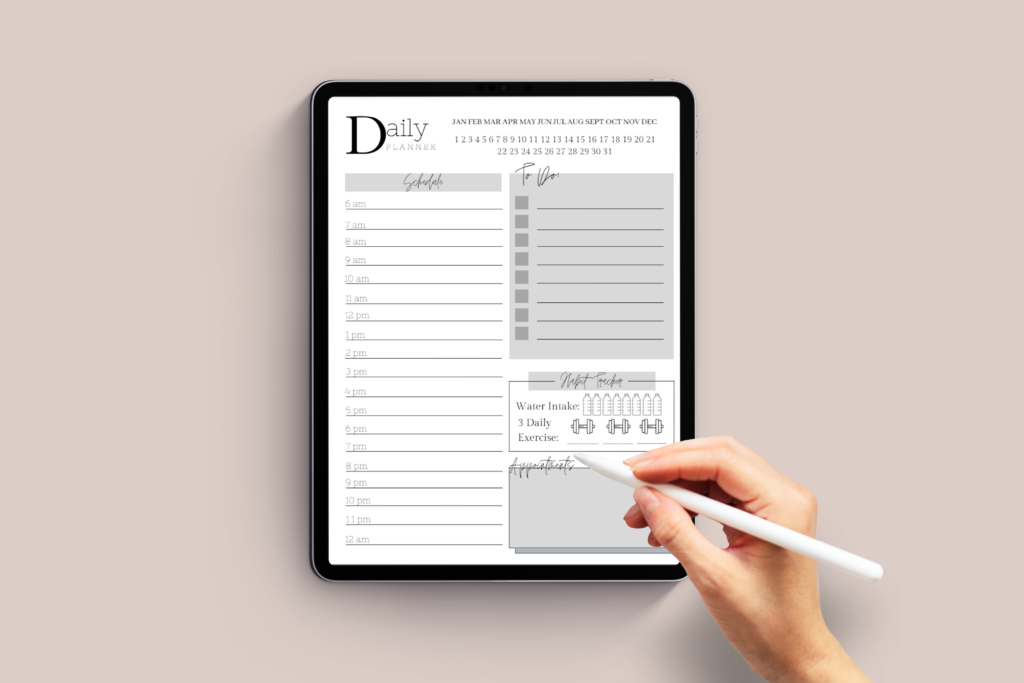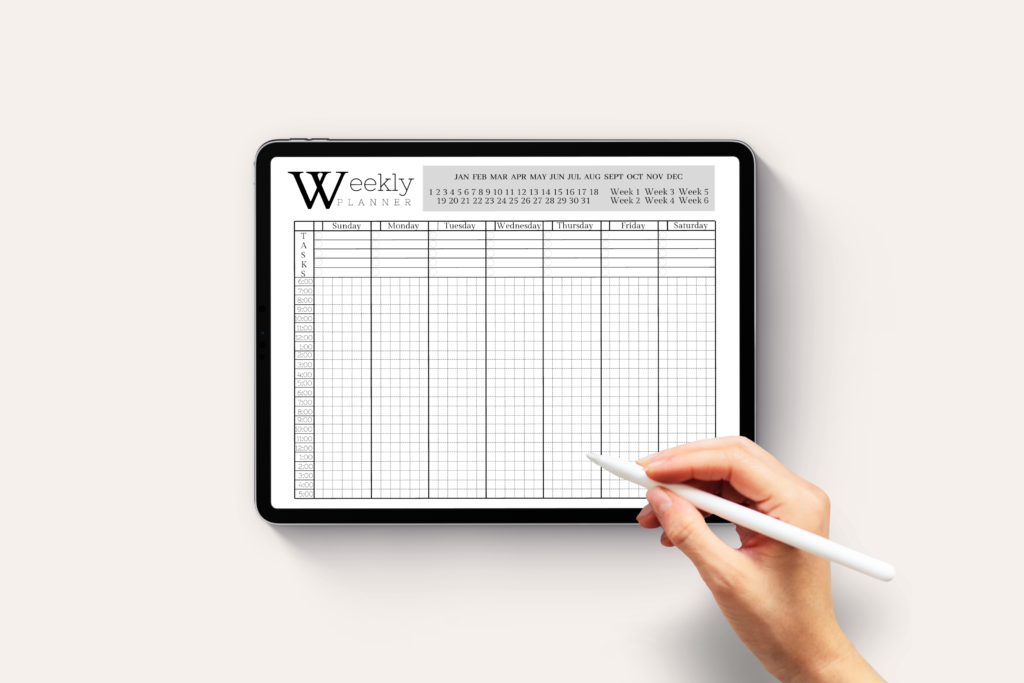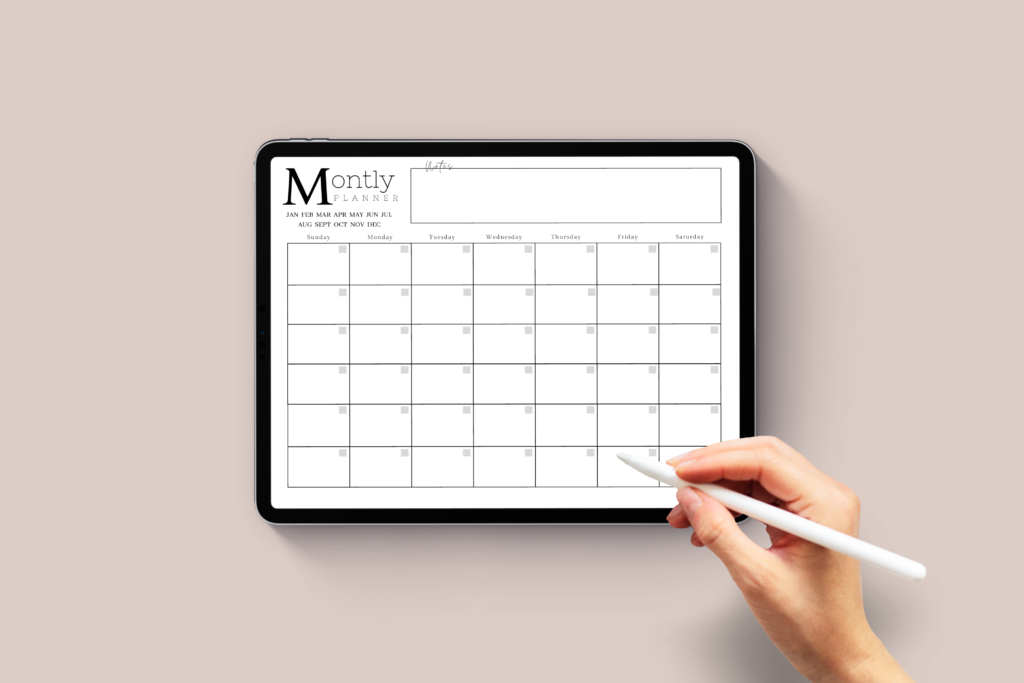
How to Study Quickly and Effectively
Looking for ways to study quickly and effectively? Then you are in the right place.
I probably need a lot of hands to count the times that I let myself procrastinate too much. It’s to the point where I would have 1-3 days left to study for a 15% test.
It is quite funny to remember moments where I would regret and blame myself because I cannot understand the questions being asked in the test. Then, after the test I would tell myself not to do it again, only to end up doing it over and over. It became a cycle to me and my system.
Since turning and changing the screws of my brain will take time, I needed another way to study. A way that works with my laziness.
Here are some tips that I found along the way that helped me a lot when it comes to studying materials quickly and effectively.
Study the important parts
Studying the important parts may seem like the easiest thing to do. Everybody knows that one should study the crucial parts of the material. Why waste time studying the topics that are not going to be relevant in the exam?
It’s an easy thing to do until you read the material and feel like everything is relevant. Now you have a textbook or slides that are full of highlights.
Distinguishing between what is crucial to the exam and what is not will help you study efficiently and quickly. So how do we know if the material is crucial or not? It’s easy! Check out your syllabus or modules! Course directors or professors put down their expectations or learning outcomes for you in the course module. You can use this information to get an understanding of which material is more crucial than the others.
Of course, some modules will have broader learning outcomes while some will have more specific ones.
Course Module/ Syllabus
Detailed Learning Outcome
- Example: Learn how to differentiate between SN1, SN2, E1 and E2 mechanisms.
- For this example, we are given a specific material to study with.
- You can start by finding out the definitions for each mechanism. Then, the difference between SN and E mechanisms.
- Then, differentiate the SN1 and SN2 as well as E1 and E2.
Broader Learning Outcome
- Example: Learn how to differentiate between mechanisms.
- This example is more general and does not specifically says which mechanism are we suppose to differentiate with each other.
- Whenever I encounter this type of learning outcome I ditch the module right away and look for other sources that can tell me what material am I suppose to know.
Practice Questions
Practice questions are great sources when it comes to understanding the material that is crucial to test. They can tell you what type of questions should be expected during the exam.
Teachers and Professors would usually give you practice questions, which is a good thing. Try to answer them as much as possible to get a general understanding of what type of questions will be asked during the exam. If they did not give you a list of questions to do, try to do all of the questions at the end of every chapter.
Doing practice questions will also tell you how knowledgeable you are with the material. It will give you an insight as to which topics you understand well and the ones that you don’t. Now, you can focus more on the materials that you are having problems with rather than wasting your time making notes and reviewing the materials you already know.
Furthermore, there are some cases where teachers will use the questions that are assigned as a practice to you in their test questions. That’s basically bonus points!
Review your Past Quizzes
Learning from our mistakes is crucial in learning and moving forward. So, take out your previous quizzes and review them. Look at the questions that you got wrong and analyze them.
- What made you lose points? Is it somewhere in your calculation? units?
- How far is your answer from the correct answer?
- What made you choose your answer? Did you have a misunderstanding in your knowledge? (e.g. thinking that a phospholipid has one tail instead of two)
These questions are should be asked as you analyze your previous quizzes. This way not only will you prevent yourself from making the same mistake on that one question but also in others that are similar to it. Trust me, teachers reuse the same questions that were used in your previous quizzes with a slight change in values. Thus, understanding your mistakes on a deeper level than just knowing the correct answer will help you in the long run.
Conclusion
So, to recap in order for one to study quickly and effectively one should know the difference between which material is crucial which ones are not. Here are 3 ways to determine them:
- Looking at the learning outcomes or expectations at the course module/ syllabus
- Doing practice questions to get a hint of what type of questions will be asked during the exam
- Reviewing your previous quizzes, to help you in making the same mistake not only on that one question but also on the other questions that are similar to it.
Note that these methods may work only to a certain point, I suggest actually studying the material day by day to get the best results that you possibly can. Good luck and happy studying~
Check Out my Other posts
How to study Quickly and Efficiently
How to Study Quickly and Effectively Looking for ways to...
Read MoreCheck Out my Shop
Daily Digital Planner
Through time-blocks on the left hand side of the planner, this undated daily digital planner helps students track their time and schedule. They can also keep track of their tasks using the to-do list section.
Weekly Digital Planner
Individuals can view their schedule for the week in detail with this undated weekly digital planner. They can also keep track of how productive their week has been.
Monthly Digital Planner
Plan your month with this undated monthly planner. Due to its undated nature, this can be used for months without having to buy another one. All you have to do is highlight the month that you are planning.



